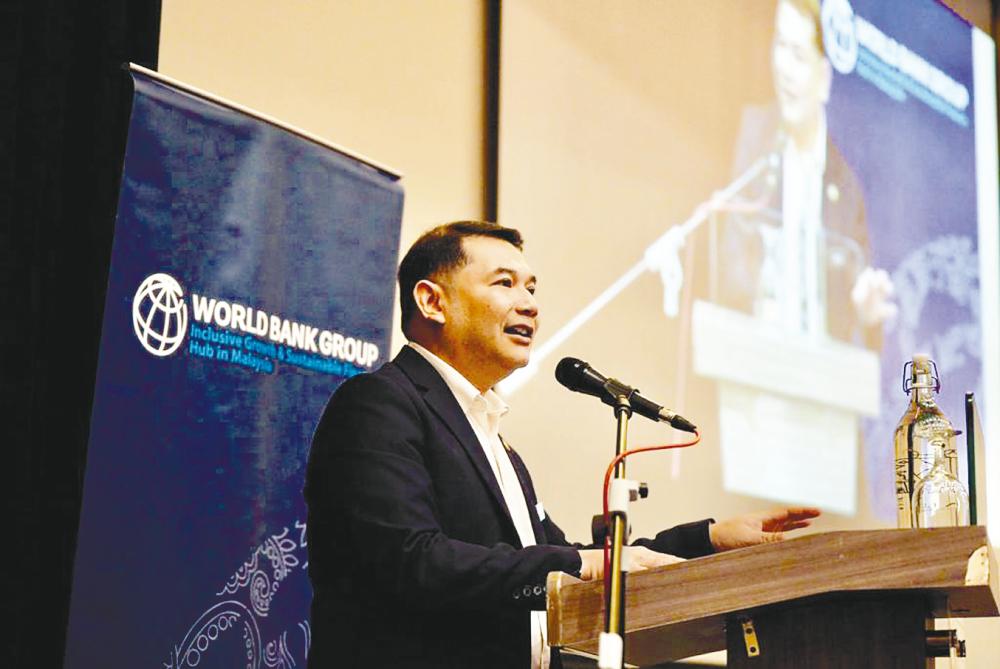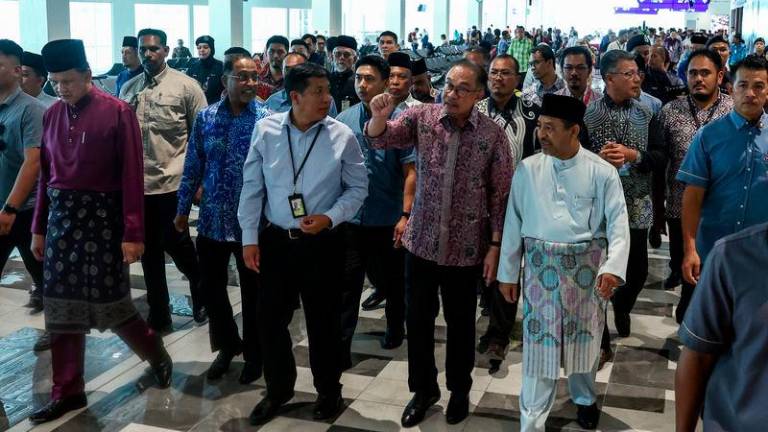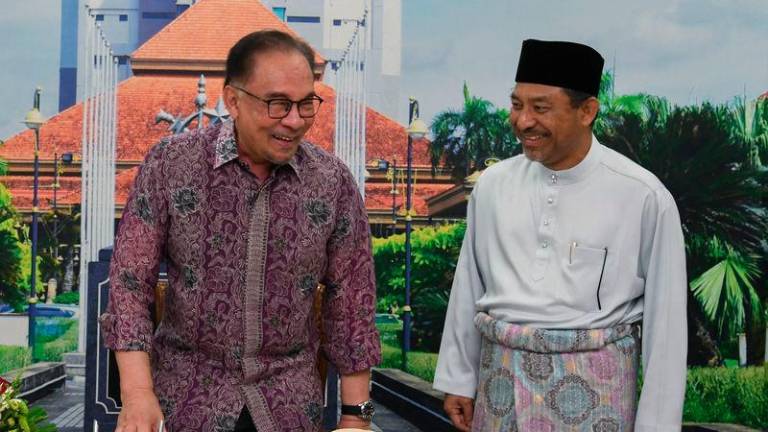KUALA LUMPUR: The government will introduce targeted subsidies in 2024 to free up fiscal space while simultaneously reducing poverty and inequality, according to Economy Minister Rafizi Ramli.
“For a country with low revenue and persistent poverty and inequality rates, a blanket subsidy and social assistance model is simply too regressive. The blanket subsidy model eats up the already limited social spending budgets. At the same time, broad-based social assistance programmes are often received by richer households that do not need them, and they dilute the value of these programmes for the needy,” he said at the launch of the World Bank’s October 2023 Malaysia Economic Monitor (MEM): “Raising the Tide, Lifting All Boats” yesterday.
Rafizi said that according to the MEM, redirecting high-priced subsidy items to an expanded social assistance – at no extra cost – could reduce poverty by 2.0 to 5.6 points.
“Direct transfers are also estimated to be four times more cost effective at reducing inequality than subsidies. This is on top of the fiscal savings that will be accumulated for other more efficient uses,” he added.
The upcoming targeted subsidy programme will be supported by the government’s Central Database Hub (Padu).
“For subsidy retargeting to work, we should identify households by their income, location, and commitments, to get a view of their net disposable income to calculate how much to give in subsidies,” said Rafizi.
He added that Padu ensures the right recipients receive the right amount, and avoids problems such as benefit dilution and unfair distribution.
“On top of that, a central database with administrative data also opens up opportunities for GovTech, Digital ID, and product-building as we build forward momentum from this method of sequencing,” he said.
On personal data protection and security, Rafizi told reporters that the government is actively exploring measures to strengthen protection for Padu.
He said Padu includes a comprehensive review of personal data security, with active involvement from the Personal Data Protection Commissioner’s office.
Additionally, the government is in the process of formulating robust cybersecurity regulations and enhanced personal data protection standards to encourage investments in the digital sector.
“Because it’s not just about Padu when it comes to data security and ... if we want to attract investments in the digital field, we need a new legal reform and standards for cybersecurity and personal data.
“So, everything revolves around operating within regulations and rules for data protection. Padu is a massive database, it serves as a catalyst for further efforts to enhance the framework, regulations, and standards regarding data protection and cybersecurity, and that will come in due time,” he added.










